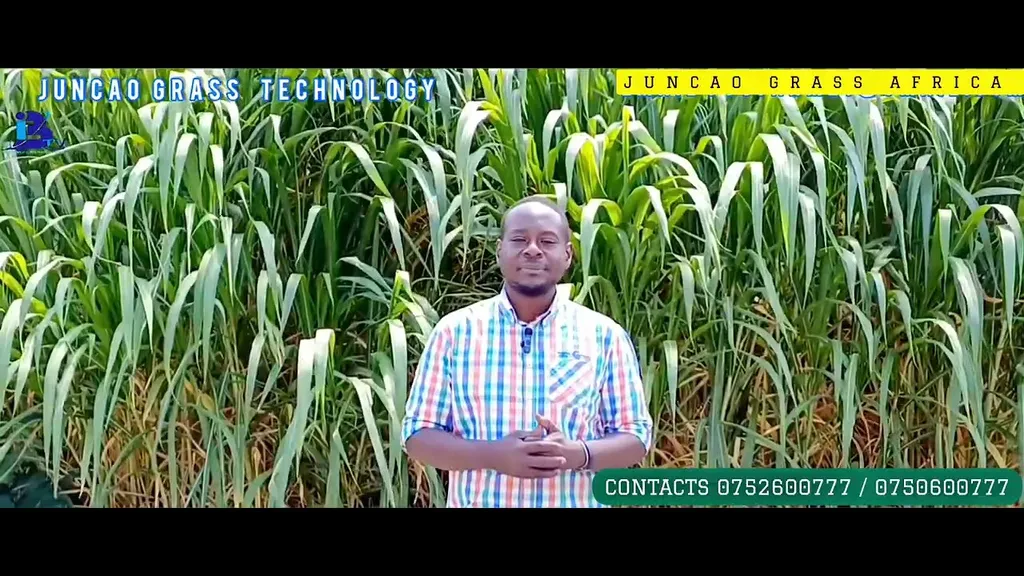In the verdant hills of Huye District, Rwanda, a group of trainees gathered around mushroom cultivation bags at the China-Rwanda Agriculture Technology Demonstration Center. Their attention was focused on the innovative Juncao technology, a Chinese agricultural breakthrough that is gaining traction across Africa. This hybrid grass, initially developed for mushroom cultivation, has since proven to be a versatile resource for addressing food security, income generation, and environmental challenges.
The July 16-23 workshop, co-hosted by the United Nations Department of Economic and Social Affairs, the Rwandan Ministry of Agriculture and Animal Resources, and Fujian Agriculture and Forestry University of China, brought together agricultural officers, educators, and development experts from across the continent. The event underscored the growing interest in Juncao technology, which is increasingly seen as a game-changer for African agriculture.
Innocent Shayamano, chief agriculture extension specialist and project coordinator from Zimbabwe’s Ministry of Lands, Agriculture, Fisheries, Water and Rural Development, is one of the many advocates for this technology. Having attended the workshop for the second time, Shayamano is convinced of Juncao’s transformative potential. “This technology can transform lives,” he said, noting its alignment with Zimbabwe’s national development agenda, Vision 2030, which aims to improve rural household incomes.
Shayamano was accompanied by five Zimbabwean farmers eager to learn more about Juncao-based mushroom farming. Traditionally, Zimbabwean farmers have used cotton waste for mushroom cultivation. However, the rising cost and declining availability of cotton have made this practice less sustainable. Juncao grass, with its impressive yield of over 200 tonnes per hectare, offers a cost-effective alternative. Moreover, it provides a solution for livestock feed in dry regions affected by climate change. Shayamano’s plan is to scale this technology across more farming communities, with the Zimbabwean participants set to return home as lead trainers.
Beyond Zimbabwe, other African countries are also integrating Juncao into their agricultural practices. Abbas Ahmad Umar, a Nigerian farmer attending the workshop for the first time, described Juncao as a “grass of grace” due to its versatility. “We use it to grow mushrooms, feed livestock, and even prevent soil erosion,” he said. Umar is optimistic that Juncao’s multifunctionality can help alleviate poverty and support sustainable farming across Africa. He plans to raise awareness about Juncao, particularly among youth and women, upon his return to Nigeria.
The implications of Juncao technology’s spread across Africa are significant. By providing a sustainable and cost-effective solution for mushroom cultivation and livestock feed, it has the potential to enhance food security and improve rural livelihoods. Furthermore, its role in environmental protection, such as preventing soil erosion, adds to its appeal. As more African countries adopt and adapt this Chinese innovation, it could herald a new era of agricultural transformation on the continent.

